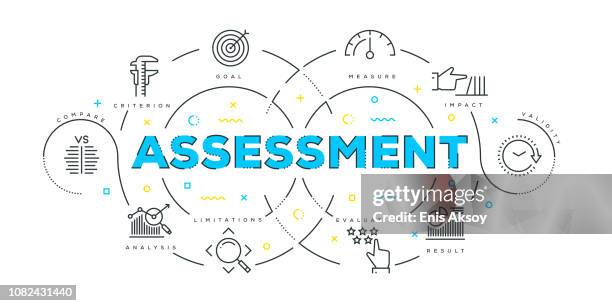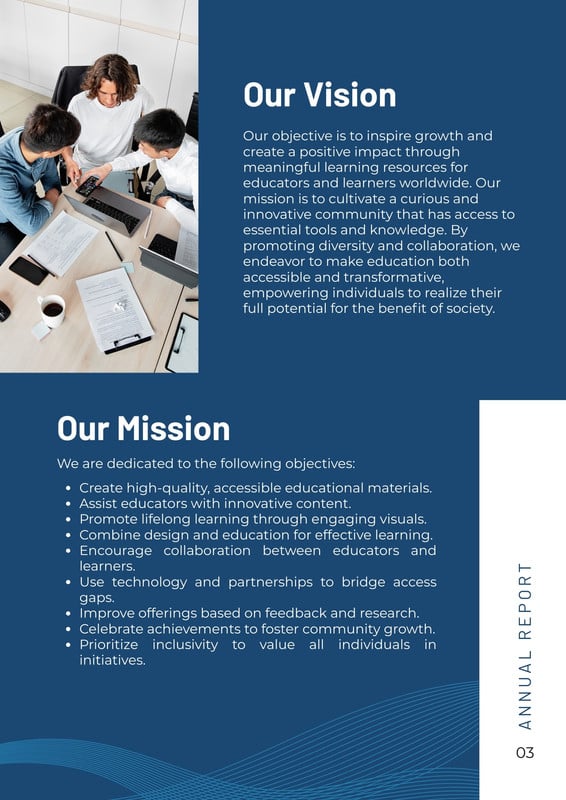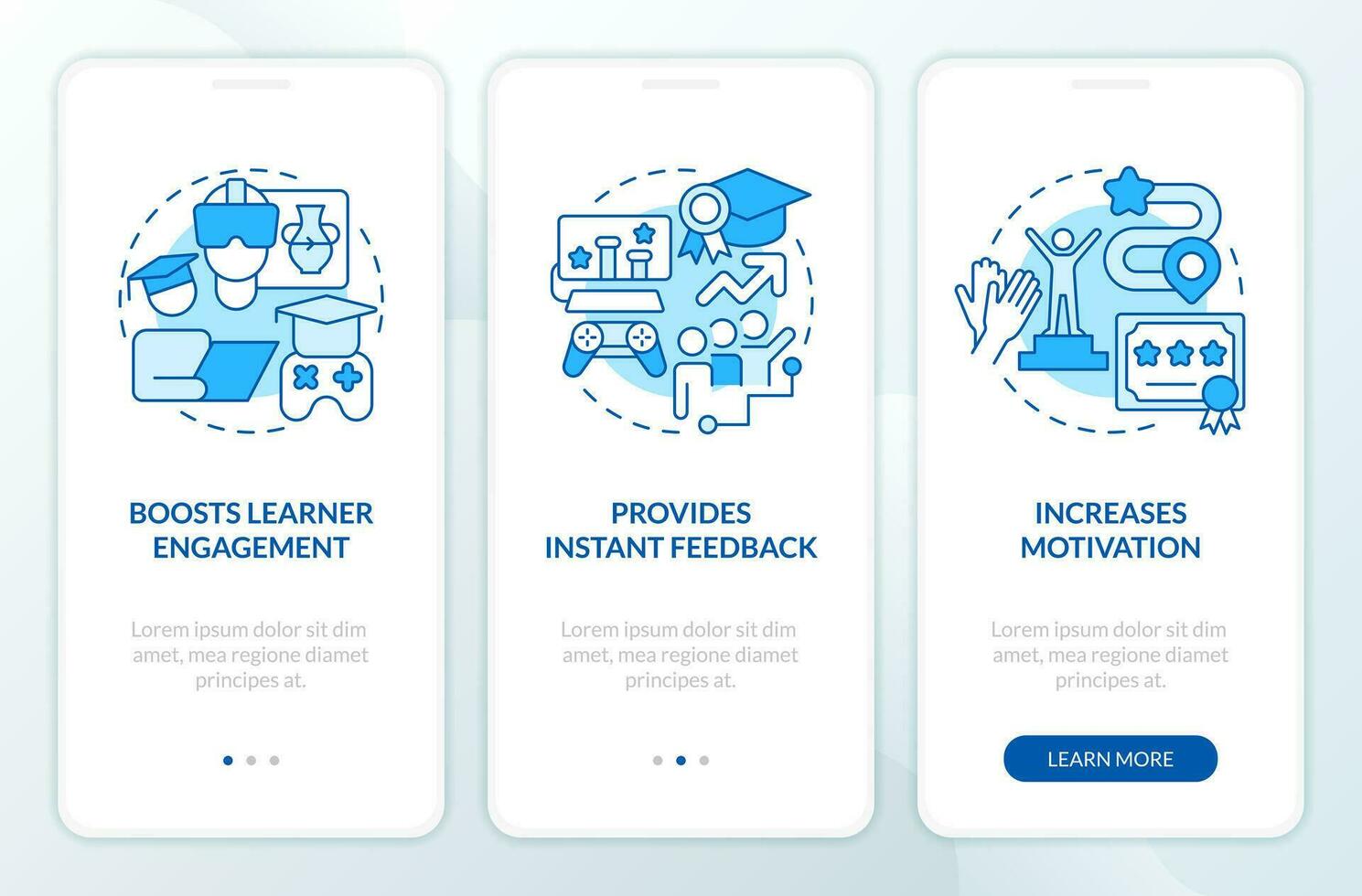Effective Assessment Strategies in Pedagogy: Measuring Student Progress



- Classroom Discussions
- Quick Quizzes & Polls
- Exit Tickets
- Think-Pair-Share Activities
- Peer Assessment
Assessment Type | Purpose | Frequency |
|---|---|---|
Quick Quiz | Check understanding of key concepts | Daily/Weekly |
Classroom Discussion | Encourage critical thinking and engagement | Daily |
Exit Ticket | Gather feedback on lesson effectiveness | End of Lesson |
Assessment Type | Purpose | Frequency |
|---|---|---|
Quick Quiz | Check understanding of key concepts | Daily/Weekly |
Classroom Discussion | Encourage critical thinking and engagement | Daily |
Exit Ticket | Gather feedback on lesson effectiveness | End of Lesson |

- Final Exams
- Research Papers
- Culminating Projects
- Standardized Tests
- Performance Assessments
Assessment Type | Purpose | Timing |
|---|---|---|
Final Exam | Measure overall understanding of course content | End of Semester |
Research Paper | Evaluate research and analytical skills | End of Unit |
Culminating Project | Demonstrate application of knowledge and skills | End of Course |
Assessment Type | Purpose | Timing |
|---|---|---|
Final Exam | Measure overall understanding of course content | End of Semester |
Research Paper | Evaluate research and analytical skills | End of Unit |
Culminating Project | Demonstrate application of knowledge and skills | End of Course |

- Simulations
- Case Studies
- Portfolios
- Presentations
- Real-World Projects
Assessment Type | Description | Benefits |
|---|---|---|
Simulation | Replicates real-world scenarios | Enhances problem-solving skills |
Case Study | Analyzes complex situations | Develops critical thinking abilities |
Portfolio | Showcases student work over time | Demonstrates growth and achievement |
Assessment Type | Description | Benefits |
|---|---|---|
Simulation | Replicates real-world scenarios | Enhances problem-solving skills |
Case Study | Analyzes complex situations | Develops critical thinking abilities |
Portfolio | Showcases student work over time | Demonstrates growth and achievement |

- Online Quizzes and Tests
- Interactive Simulations
- Learning Management Systems (LMS)
- Data Analytics Platforms
- Adaptive Learning Technologies
Technology | Application | Benefits |
|---|---|---|
LMS | Manage and deliver assessments | Streamlines assessment process |
Online Quizzes | Automated grading and feedback | Provides instant results |
Data Analytics | Track student progress and identify areas for improvement | Offers data-driven insights |
Technology | Application | Benefits |
|---|---|---|
LMS | Manage and deliver assessments | Streamlines assessment process |
Online Quizzes | Automated grading and feedback | Provides instant results |
Data Analytics | Track student progress and identify areas for improvement | Offers data-driven insights |

- Peer Review Activities
- Self-Reflection Journals
- Rubric-Based Assessment
- Student-Led Conferences
- Learning Logs
Assessment Type | Process | Benefits |
|---|---|---|
Peer Review | Students evaluate each other's work | Enhances critical thinking and collaboration |
Self-Reflection | Students reflect on their own learning | Promotes metacognition and self-awareness |
Rubric-Based | Clear criteria for evaluation | Provides structured feedback and guidance |
Assessment Type | Process | Benefits |
|---|---|---|
Peer Review | Students evaluate each other's work | Enhances critical thinking and collaboration |
Self-Reflection | Students reflect on their own learning | Promotes metacognition and self-awareness |
Rubric-Based | Clear criteria for evaluation | Provides structured feedback and guidance |








